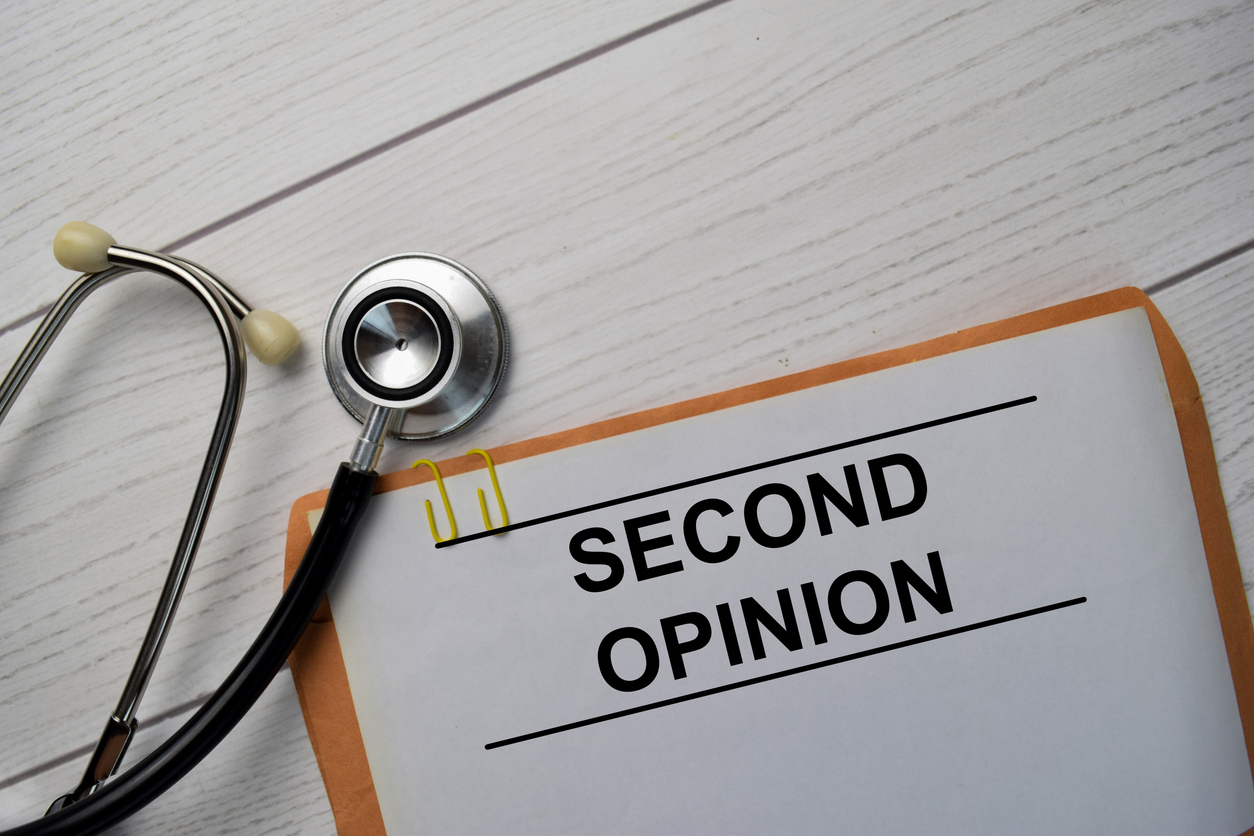Mammograms are a critical diagnostic tool in women’s healthcare. They are used to detect breast cancer early, which is critical for positively guiding a patient’s prognosis. After your mammogram, you may have questions or concerns about your results. This is entirely normal. Whether because your doctor recommended it or because you desire additional insight, there are a number of causes to get a second opinion on your mammogram. Below, you will find information that should make it easier to decide when to get a second opinion.
When To Get a Second Opinion
Getting a second opinion is completely standard. You should not hesitate to let your doctor know you want a second opinion. Your doctor should not discourage a second opinion, and in fact, they may recommend it as you take the steps to determine the best possible solution for you. A second opinion consultation is a great way to feel confident about your healthcare decisions. Below, you will find the following scenarios when you should get a second opinion after a mammogram.
After a Suspicious Finding
If you get a mammogram and it results in a suspicious finding—such as lumps or other abnormalities—it is necessary to get a second opinion. Getting a second opinion is one of the best ways to ensure that you find out exactly what your health status is. This additional testing is often in the form of an MRI, ultrasound, or biopsy. Diagnostic and secondary testing can ensure that you only endure necessary procedures.
Family History of Breast Cancer
Women with a family history of breast cancer are at a higher risk. Those at a higher risk should take additional precautions to ensure they reduce their risk. It is also helpful to ensure that you catch a diagnosis early on. Women who have a family history of breast cancer should get mammograms early and more often. The exact frequency should be discussed with your healthcare provider. Additionally, if you have already determined you are at a higher risk for the disease, it is vital to get a second opinion when it seems any aspect of your health is out of the norm.
You Have Dense Breast Tissue
Every woman’s breasts are different. One such difference is the density of different women’s breasts. Mammograms are more likely to provide false negatives when testing false breasts, which subsequently means that those with dense breasts are more likely to have undiagnosed breast cancer. When having your mammogram, it is helpful to ask the technician about the density of your breasts. If they deem your breasts to be particularly dense, you may want to get a second opinion for additional confidence in your result.
It is important to talk with your doctor about any additional imaging you should get. If you do not feel like you are getting the right care, get a second opinion immediately. It is an indispensable investment in your health and future.
You Are Confused About Results
Once you get your mammogram results, you can determine if you should get a second opinion. You should work with your doctor to ensure you fully understand your results. Any concerns you have should be promptly addressed. If you are unsure about anything or want more information than is being provided, consider a second opinion. It is crucial to ask questions and be diligent about your health. Avoiding these conversations or settling for substandard care will increase your risk of developing breast cancer.
False Positives and Negatives
Mammograms are not a perfect diagnostic tool. There is a risk of getting a false positive or negative. A false positive occurs when the mammogram shows something that looks like cancer but is not. False negatives miss cancer that is actually present. Talk to your doctor about your level of risk to determine whether a second opinion is advisable.
Professional Differences
Radiologists are trained to read and interpret your results. While there are many clear-cut results, there may be a difference in professional opinion. Different radiologists can disagree on what they see and what the results mean. If you or your radiologist are unsure, get a second opinion to determine what your results actually indicate.
Diagnostic and Secondary Testing
If you want to get a second opinion after your mammogram, contact the team at Pink Door Imaging to schedule your second opinion consultation!


